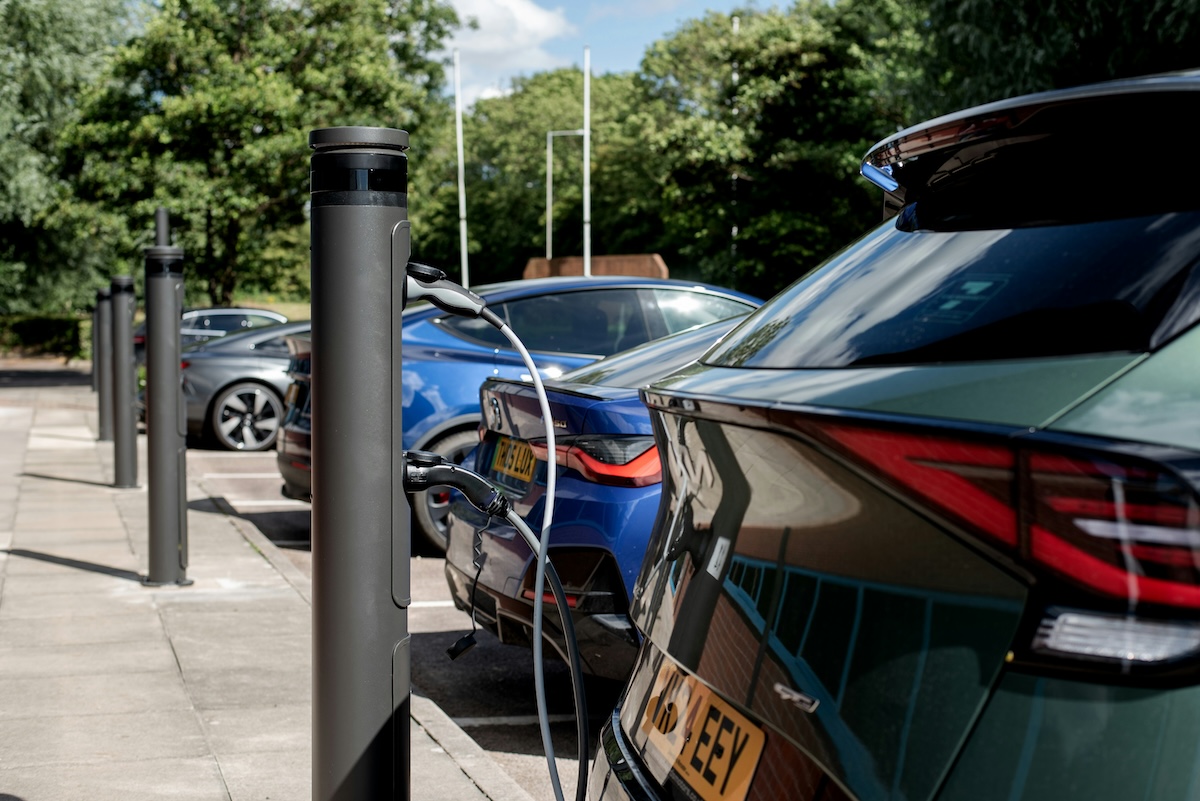Autumn Budget 2024: How an EV Salary Sacrifice Scheme can save your business money

Rachel Reeves’ Autumn Budget 2024 - unveiled on the 30th October 2024 - was Labour’s first budget in over 14 years. So what are the headlines?
Here’s what the autumn budget means for you.
For employers: National Insurance Contributions
One of the most important announcements was that of employers’ National Insurance Contributions rising from 13.8% to 15%.
This will leave businesses across the UK with a much larger tax bill from April 2025 onwards.
But there is a way to counteract this increase and save your company money.
With our salary sacrifice scheme, employees sacrifice a proportion of their pre-tax salary in exchange for an electric car. As the payment is taken from their gross salary, their employer then pays less in National Insurance Contributions.
The more employees using the scheme, the smaller the National Insurance Contributions bill.
The best bit? Our salary sacrifice scheme is completely free to run.
For employees: National Minimum Wage
Another excellent perk of the salary sacrifice model is that it’s available to any employee in a company that signs up. No deposit is required, and the full package is included as standard—unlike a traditional lease.
In fact, the only stipulation is that the cost of the electric car lease doesn’t bring you below minimum wage once it’s been taken from your salary. As of April 2025, the National Minimum Wage will increase to the following:
- £10 an hour for 18-25 year olds.
- £12.21 an hour for over 25 year olds.
The Government says this should equate to a £1,400 annual pay rise for a full-time worker over the age of 25.
In practice, this means more spending power for normal working people up and down the country. Something to consider regarding salary sacrifice is that your take-home salary must remain above the National Minimum Wage baseline - so you may see fewer premium models in the app, as they would bring your salary below the new NMW threshold.
Our reloved™ vehicles reduce the financial barrier of entry even further, mitigating this small quirk of the NMW increase.
For employees: A world-leading, ultra-low, Benefit-in-Kind rate
The most important aspect for drivers is the Benefit-in-Kind (BiK) rate. This is the tax set against a vehicle if it was acquired via your employer. Currently, it’s at 2%. That tax rate is locked in until April 2025, where it’ll then rise incrementally by 1% until 2028. For 2028/29, it’ll rise to 7%, before capping out at 9% for 2029/30.
Reeves reiterated her commitment to supporting the green transition over to electric vehicles, by ensuring the BiK rate will remain low to incentivise uptake.
.avif)
The marginal increase in the BiK rate has a minimal effect on salary sacrifice, as even with the it increasing by a fraction year-on-year, it still remains the most affordable and hassle-free way to get behind the wheel of an electric car.
For employees: Vehicle Excise Duty frozen on EVs until 2029/30
Often referred to as ‘car tax’ or ‘road tax’, Vehicle Excise Duty (VED) has two distinct parts: the First Year Rate (FYR) and the Standard Rate (SR).
Drivers of electric cars have historically enjoyed numerous VED tax breaks. Thanks to their zero tailpipe emissions, they were exempt from paying both the FYR (which could be up to £2000 for petrol/diesel vehicles) as well as the £140 flat-fee for the standard rate.
Additionally, a one-off tax surcharge is typically applied to any car that costs over £40,000 new, but electric cars were able to swerve that cost as well.
From April 1st 2025, Reeves has announced that the Government will be putting a freeze on the lowest First Year Rate paid by electric cars until 2029/2030, whilst simultaneously doubling the rate for all other emissions brands from 2025 onwards.
In short? Electric cars are going to become a far more affordable option and gain even more cost-parity with their petrol and diesel counterparts.




.avif)
